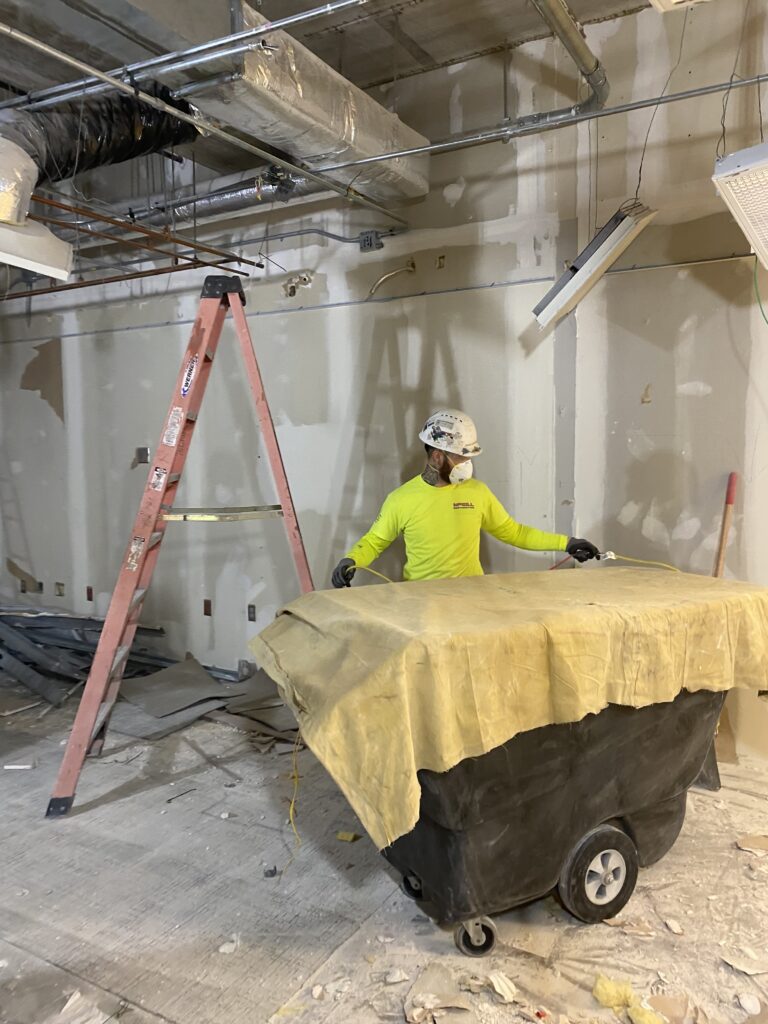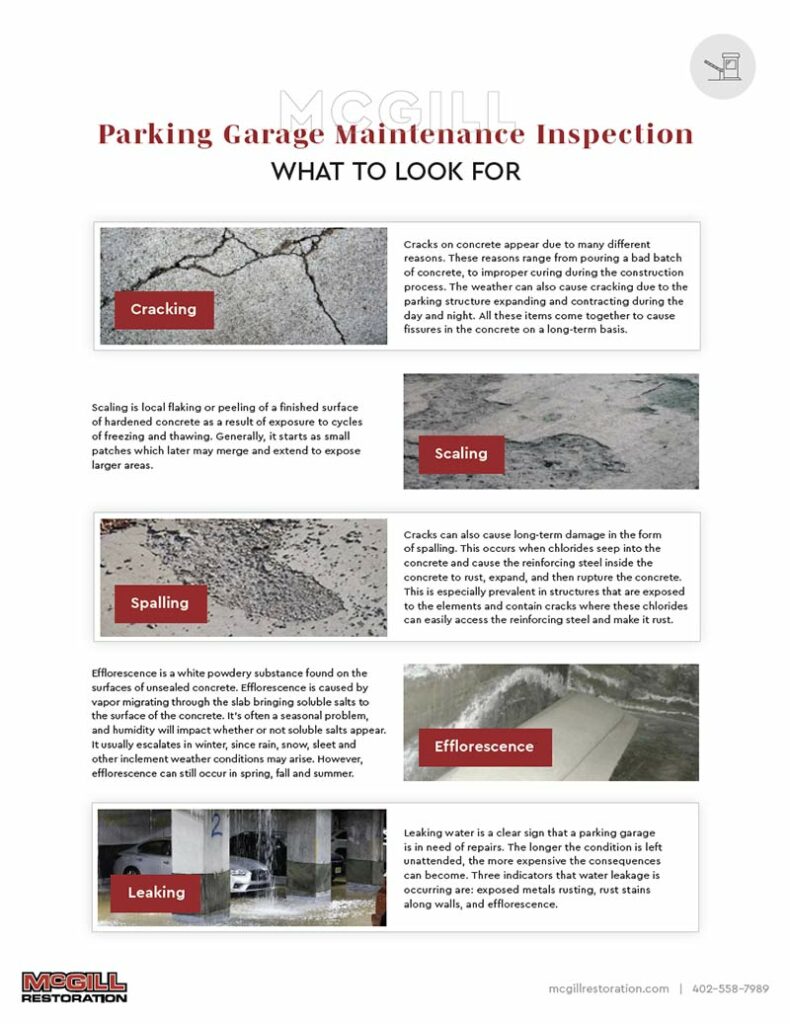Healthcare facilities require maintenance and restoration like any other commercial structure. The processes and demands are much higher, and every project presents unique needs that require creative solutions. The McGill Restoration team is specially equipped to conquer common challenges associated with healthcare facility work and has a proven track record of successful completion on especially challenging projects.
Must Keep Facilities Operational
The first hurdle in most healthcare restoration projects involves operating around facilities that must remain open. Hospitals and clinics are especially busy and cannot shut down services to the public. Remaining open throughout each project means the restoration process is happening alongside critical surgeries and medical procedures.
Extensive strategic planning is done to create a construction plan that ensures work can happen safely while the healthcare facilities continue normal operations.
Special Considerations for Healthcare Facility Restoration Projects
Every healthcare project comes with a long list of special considerations and mandatory protocols. While restoration work is frequently done in operational business environments, the construction can proceed without the level of consideration found in healthcare. Everything from noise to dust must be accounted for and mitigated to remain within safe parameters in healthcare-specific scenarios.
Noise Mitigation
Construction is loud work, and at hospitals, noise can interfere with everything from a surgeon’s concentration to ongoing sleep studies. We provide data sheets with decibel levels for every tool used and monitor decibel levels and vibration with noise meters to remain below an agreed-upon threshold for specific time periods within each day and relative to each area of the facility.
Environmental Hazards
Dust, contaminants and processes for debris removal are all imperative in healthcare facilities. Operating in areas where sterile environments are critical places a special emphasis on the way debris is removed and managed. Procedures are designed to stop dust using specialized containment curtain walls, and there is a thorough cleaning done before removal of the walls. Moving debris through facilities in covered and cleaned containers that do not allow contamination to enter the air or make contact with the ground or walls is a regular occurrence.
Security Protocols
Working in areas with access to maternity wards and other sensitive sections comes with a special level of attention to security. Employees at McGill Restoration undergo rigorous background checks for clearance and they use ID badges to check in and out of each area. Security is a high priority and strict internal protocols make it easy to partner with McGill Restoration.
Restricted tools and materials in healthcare facilities
MRI machines and other specialized hospital equipment cannot have contact with or exposure to specific tools and materials. This often requires pre-approval of tools, creative solutions for the work, and daily tool check-ins for complete accountability.
Pre-Construction Mitigation Process
All of these issues are confronted in a pre-construction mitigation planning phase. Every possible scenario that will require special procedures is addressed and a plan is built to manage every piece of the puzzle. Falling within hospital requirements, and within the high internal standards of McGill Restoration, as it pertains to noise, environment, and security ensures every project is a success.
The second piece to this process involves timeline considerations and costs. McGill Restoration completes every job with client approval on time. This is especially important in healthcare systems because the timelines are often coordinated against projected slow periods and rotations that are strategic to work around healthcare operations, minimizing interruption to patient care while controlling costs.
For example, the Bryan Medical Facility saved on costs by scheduling a segment of parking garage restoration during the winter. They also saved on costs and time by using a McGill Restoration strategy for employee transportation that expedited the completion of another segment in their parking garage structures.
The level of planning and preparations for these jobs is immense and the McGill Restoration team has the experience and skilled staff to excel in healthcare facility maintenance and restoration work.
Things Hospitals and Medical Facilities Should Do Before Engaging a Contractor
Before committing to a contractor for your next healthcare facility project, ask these critical questions to narrow down the pool of acceptable candidates:
- Is this a reputable contractor?
- Do they run background checks and clearance on employees?
- Do they have procedures in place for noise mitigation?
- Do they have procedures for dust mitigation?
- Do they have procedures for environmental hazards?
- How long will the work take?
- Do they have a history of completing projects on time?
Call McGill Restoration to discuss your unique medical or hospital restoration project at 402-558-7989. Our experts have a proven history of completing difficult jobs with exceptional results.



